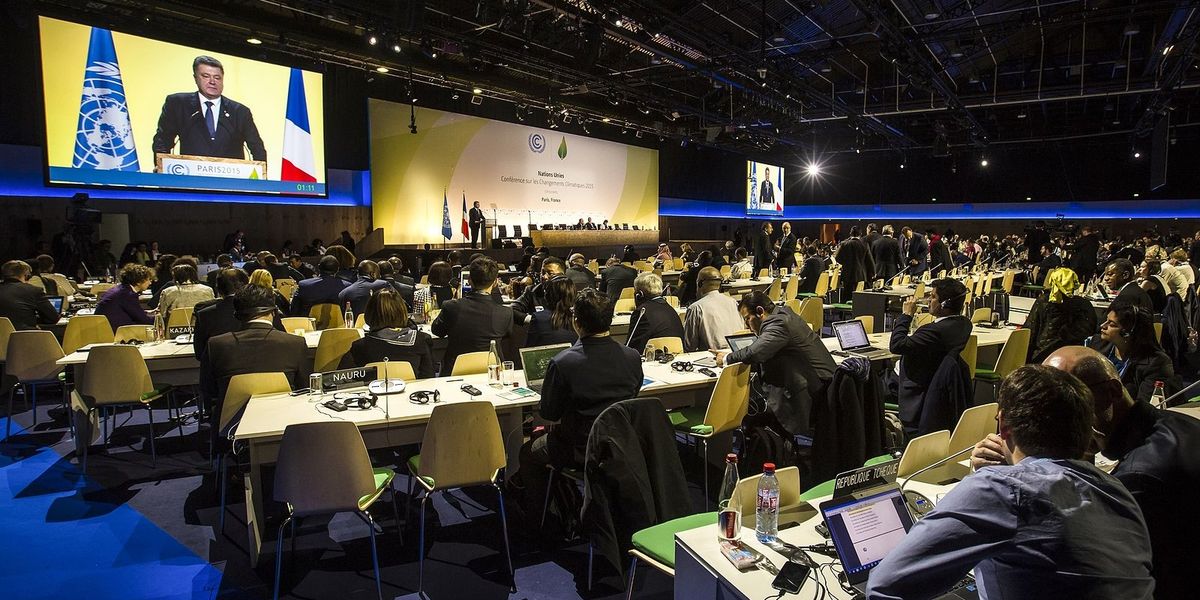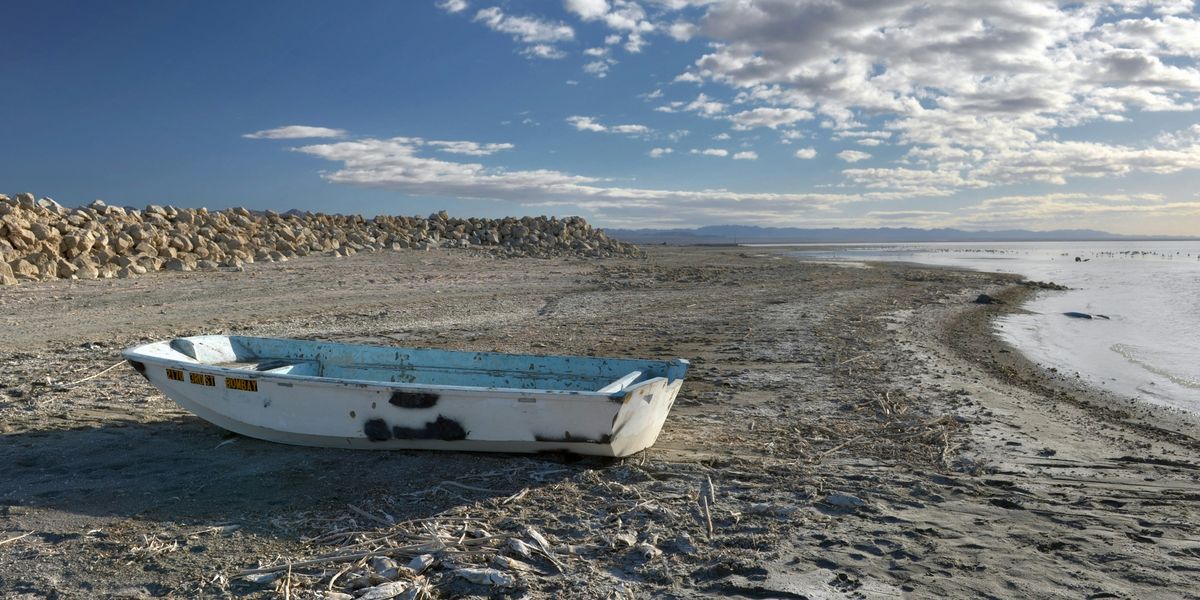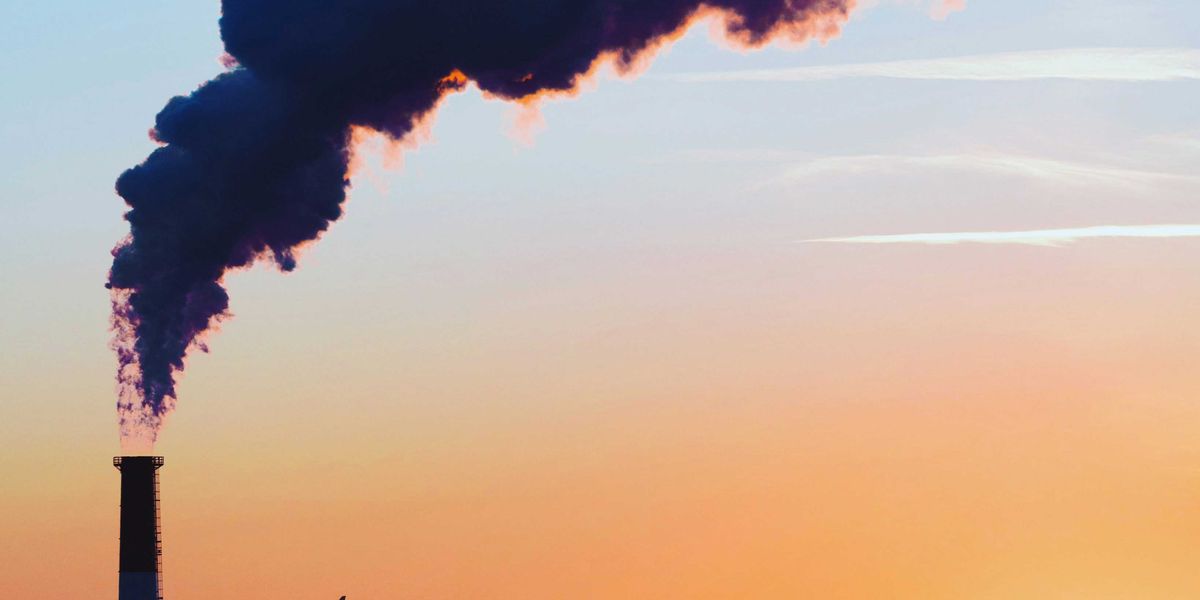A renewable energy battery plant will rise in US where a steel mill once stood
Communities hope good new jobs will come from Biden’s historic climate investment in cities like Weirton, West Virginia, reports Dharna Noor in The Guardian.
In a nutshell:
A pioneering energy storage company is constructing a state-of-the-art manufacturing plant on the site of a former West Virginia steel mill, made possible by incentives from the 2022 Inflation Reduction Act signed by President Biden. Form Energy, led by a former Tesla executive, is set to produce iron-air batteries capable of storing electricity for up to 100 hours. The $760 million project, located in Weirton, aims to rejuvenate the once-thriving steel community with 750 well-paying jobs, offering a beacon of hope for deindustrialized regions while raising questions about unionization and sustainable economic revival.
Key quote:
“I think in order for West Virginia to fully benefit from the clean energy economy, it has to be very focused on rebuilding the labor movement in the state and making it stronger,” Ted Boettner of the Ohio River Valley Institute said.
The big picture:
By repurposing contaminated sites, the risk of exposure to harmful pollutants and toxins is reduced, potentially mitigating respiratory and other health issues associated with polluted environments. As green energy companies establish themselves in regions previously burdened by the legacy of contamination, they often create job opportunities that focus on cleaner technologies, contributing to improved air quality and overall community well-being.
Read the article at The Guardian.
On the topic of achieving a just transition to clean energy, check out Misbath Daouda's conversation with EHN's senior editor Brian Bienkowski for the Agents of Change in Environmental Justice podcast. Daouda discusses the importance of incorporating community input, knowledge and advocacy at every step of clean energy research and policy. She asks: "When we talk about fair transitions, we really put communities at the center, and try to understand: What does fair even mean to them?"













